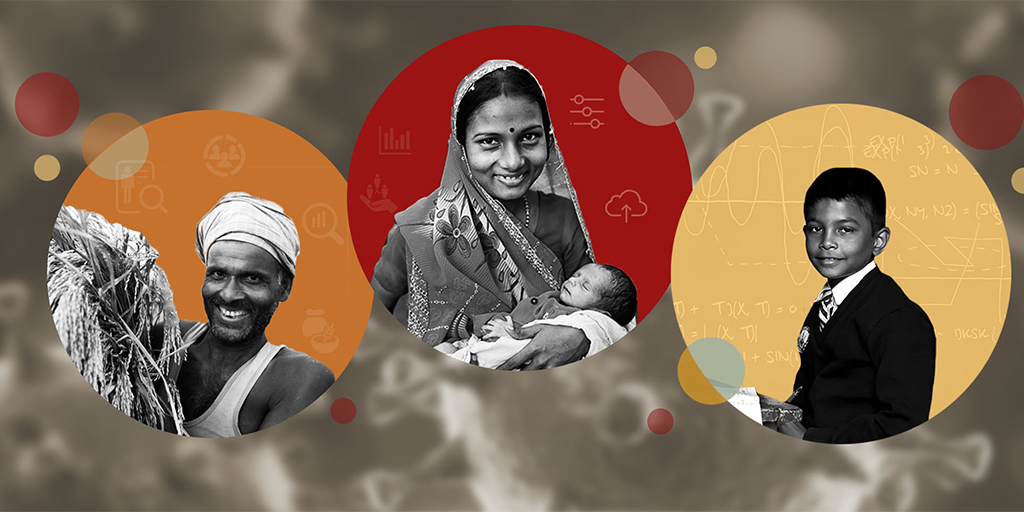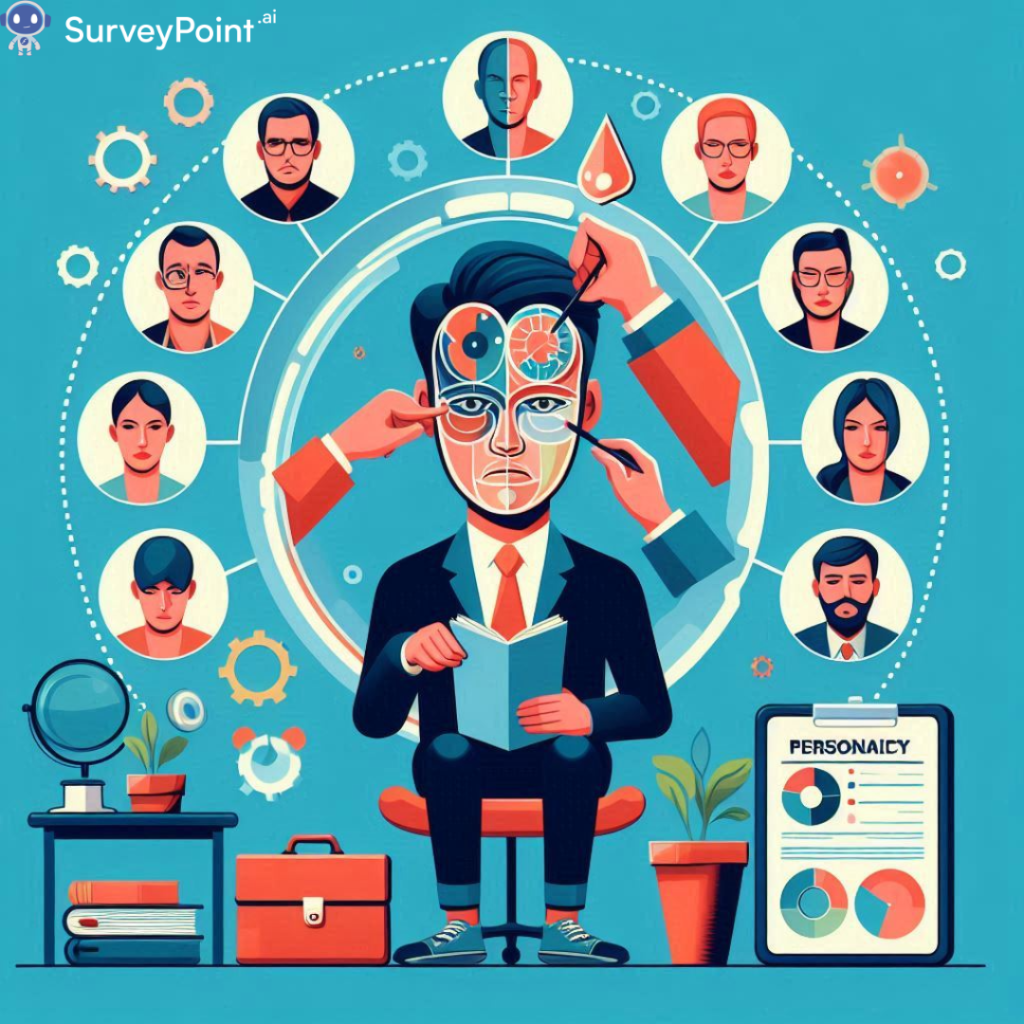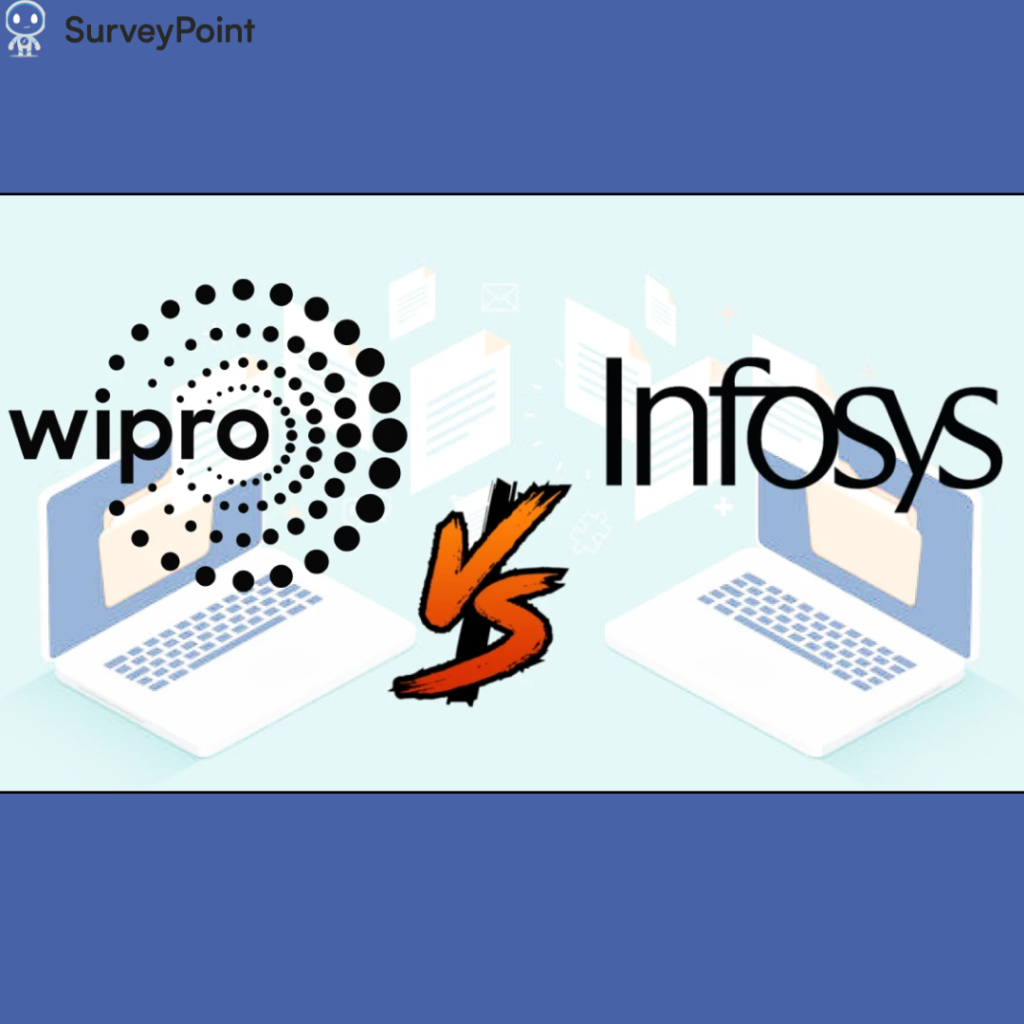The outbreak of COVID-19 has put the global community of evaluators at an interesting, almost paradoxical, juncture. While the need for data and insights is most critical at this point to respond to the public health crisis, collecting this data is going to be now, and henceforth, more challenging than ever.
The article ‘Rewiring How We Measure Impact in the Post-Covid-19 World’ co-authored by Veronica Olazabal, Michael Bamberger, and Peter York puts several of our concerns as evaluators into perspective. In addition to the challenges that COVID-19 will potentially create for evaluators, the article stresses how Data Science will be instrumental in how the development and impact sector responds to the need for evidence.
With social distancing norms dictating human interactions until the pandemic is effectively controlled, in-person data collection is going to be hindered as the article correctly establishes. Yet, the need for real-time analytics from data is going to be even more critical not just in the public health domain but across parameters in order to rebuild the damage COVID-19 is inflicting on the socio-economic fabric of countries universally. Granular, localized, and verified data will be required by decision-makers – public, private, or philanthropic – in order to carry forward fast and effective impact at scale.
Data Science for development and social impact has been steadily gaining buy-in from governments, philanthropies, and relevant organizations across the board for a while now. Data Science technologies offer several advantages. Diverse datasets and sources can be integrated, and sampling biases can also be removed as big data covers large populations. Data Science also allows us to study patterns in behavior over long periods of time as well as predict future trends, an aspect that private sector organizations have been successfully leveraging.
The current COVID-19 situation will push the sector to treat Data Science not solely as an optimization tool, but as a critical necessity for social justice and impact to be delivered. This holds particularly true in Global South contexts where damage caused by the pandemic can be exponentially catastrophic.

India will also have to channelize Data Science technologies in order to contain the outbreak and to recover from the damage COVID-19 is inflicting. Fortunately, discourse is already underway in both public and private domains on how big data and AI can be utilized. However, translating this on the ground will be challenging for India owing to multiple factors. Not only is the architecture to harness data on the ground weak, the culture for data usage and appreciation is still nascent.
With the contextual and behavioral complexities and diversity of the Indian population, relying on big data sources such as social media, IoT, mobile phone and geospatial data alone will be thoroughly insufficient. A large proportion of this big data is harnessed from the supply-side, i.e., from the point of sale. It may not reflect the actual behavior of users who are on the demand-side. Unless big data can be validated and backed up with socio-economic and demographic variables, it will be of limited use to policymakers and implementors. Further, despite digital penetration in India being relatively high and digital payments and media usage increasing in rural areas, the modes of tapping big data is still relatively small for majority of the population. For remote, marginalized populations, stray digital activity and behavior is incapable of reflecting any valid or true patterns of human, demand-side behavior.
What India needs in current circumstances is a means to validate analytical insights derived from Data Science technologies, and to optimize the already existing data that exists at the grassroots that is yet to be tapped for its complete potential.
Since in-person data collection will be hindered, remote methods such as telephonic and video calling technologies must be explored. Mobile and high-speed internet penetration in India will enable this to a large extent in India. Layering this with big data insights can overcome validity concerns and offer holistic, 360-degree insights on human behavior patterns which could also be used for forecasting activities.
We will also have to inspect our public systems for the data reserves that already exist. Several grassroots and local entities house rich primary, demand-side data that can be transformative. For example, frontline community health workers are well-trained in collecting medical and health data, several of who use technology-enabled devices to track records. Tapping into this to maximize the insights derived can prove immensely valuable.
Navigating contextual constraints with technology and by leveraging existing infrastructures is the answer to how evaluators in India will respond to the need for data in the post-COVID-19 era. Data Science will become indispensable to how the development sector advances, and innovation will help overcome some of the challenges it poses in the Indian context.
Swapnil Shekhar – Director and Co-founder, Sambodhi
Kaamila Patherya – Program Manager, Sambodhi




